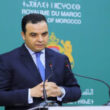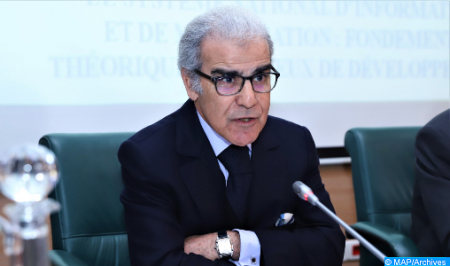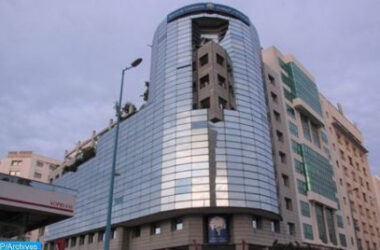Speaking at a press briefing held at the end of the BAM Board’s third quarterly meeting of 2022, Jouahri reported a continued rise in inflation with a “wider” spread of inflationary pressures.
Inflation continues to be fueled by pressures of external origin, but also internal ones, he added, noting that the latest available data show a broad spread to non-tradable products prices.
“The spread of the rise is widening. Of the 116 sections of products and services that make up the reference basket of the consumer price index, 60.3% have posted an increase of more than 2% in August against 42.2% in January 2022 and 23% on average between 2018 and 2019,” Jouahri explained.
The persistence of high food and energy commodity prices would bring inflation to a high level in 2022, i.e. 6.3% instead of 1.4% in 2021, he noted.
In 2023, inflation should return to 2.4% on average. These forecasts include the effect of the increase in the policy rate, he added.
According to the official, the decision to raise the key rate also takes into account the various measures taken recently by the government to relieve the purchasing power of citizens.
“We will continue to watch closely the economic situation, at the national and international levels, especially in this context marked by several uncertainties,” he said.
Jouahri also mentioned a “strong deceleration of the growth of the national economy in 2022,” saying that after a rebound to 7.9% in 2021, the growth of the national economy would slow to 0.8% in 2022.
In 2023, the growth would be established at 3.6%, linked to the projected 11.9% increase in agricultural value added, he concluded.










